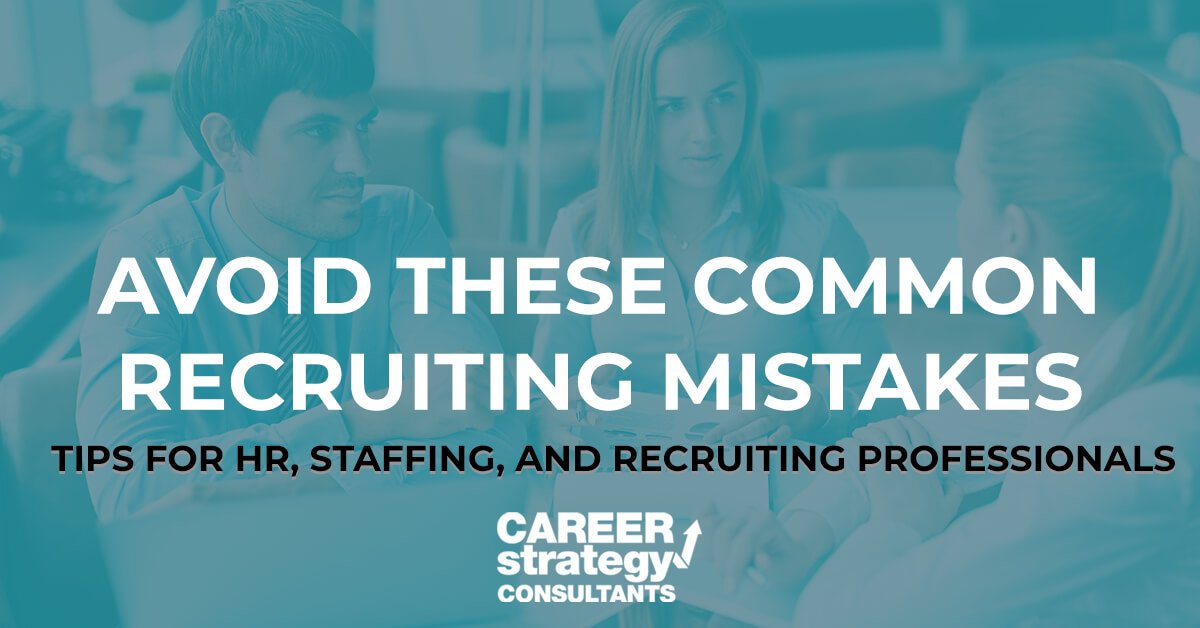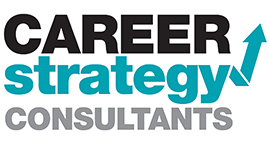Avoid These Common Recruiting Mistakes: Tips for HR, Staffing, and Recruiting Professionals


Recruiting the right talent is a crucial task for any organization. However, even the most experienced recruiters, human resources professionals, and employers can make mistakes during the recruitment process. In this blog, we will discuss some common recruiting mistakes and provide alternatives to help you avoid them.
Overlooking the Importance of Cultural Fit
Mistake: Many recruiters focus solely on a candidate’s skills and qualifications, overlooking the importance of cultural fit. This can lead to hiring employees who may not align with the company’s values and work culture.
Alternative: Assess candidates for cultural fit by asking questions that reveal their values, work style, and interpersonal skills. Consider conducting behavioral interviews or using personality assessments to gain insights into a candidate’s compatibility with the company culture.
Relying Solely on Job Boards
Mistake: Some recruiters rely solely on job boards to find candidates. While job boards can be a valuable resource, they may not always yield the best candidates, especially for specialized roles.
Alternative: Diversify your sourcing strategies by leveraging social media, employee referrals, industry events, and networking opportunities. Consider using LinkedIn, industry-specific forums, and professional organizations to connect with potential candidates.
Using Generic Job Descriptions
Mistake: Using generic job descriptions can attract a large number of unqualified candidates, making the screening process time-consuming and inefficient.
Alternative: Craft clear and specific job descriptions that outline the required skills, qualifications, and responsibilities. Use language that reflects the company’s culture and values. This will help attract candidates who are a better fit for the role and the organization.
Ignoring Passive Candidates
Mistake: Some recruiters focus only on active job seekers and ignore passive candidates who may not be actively looking for a job but could be open to new opportunities.
Alternative: Engage with passive candidates by reaching out to them on professional networks, sharing relevant content, and building relationships. Passive candidates can be valuable assets, as they often have specialized skills and experience that may be hard to find among active job seekers.
Neglecting the Candidate Experience
Mistake: Neglecting the candidate experience can leave a negative impression on candidates and may even deter them from accepting a job offer.
Alternative: Provide a positive candidate experience by communicating clearly, responding promptly, and treating candidates with respect. Keep candidates informed about the status of their application and provide constructive feedback if they are not selected.
Rushing the Hiring Process
Mistake: Rushing the hiring process can lead to poor hiring decisions and may result in high employee turnover.
Alternative: Take the time to thoroughly assess candidates, conduct multiple interviews, and check references. While it may take longer, a thorough hiring process will increase the likelihood of finding the right candidate for the role.
Failing to Adapt to Changing Trends
Mistake: Some recruiters and HR professionals fail to adapt to changing trends in the recruitment industry, such as the use of AI and automation, remote work, and the gig economy.
Alternative: Stay updated on the latest trends and technologies in the recruitment industry. Consider attending industry conferences, webinars, and workshops to learn about new tools and strategies that can help you stay ahead of the competition.
Avoiding Recruiting Mistakes
In conclusion, avoiding these common recruiting mistakes can help you attract and hire the right talent for your organization. By focusing on cultural fit, diversifying your sourcing strategies, crafting specific job descriptions, engaging with passive candidates, providing a positive candidate experience, taking the time to thoroughly assess candidates, and staying updated on industry trends, you can improve your recruitment process and achieve better results.

More Than Just Staffing
For Employers
For Individuals
